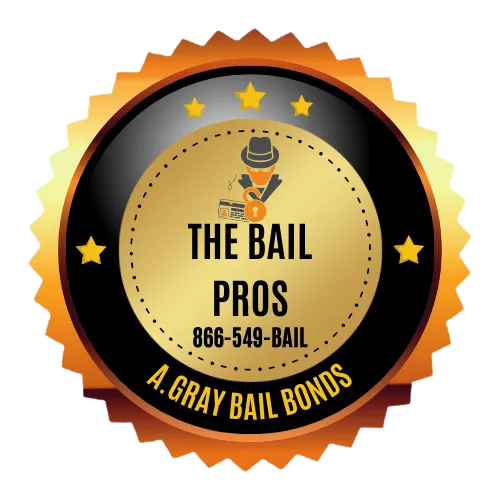Charlotte, NC's A. Gray Bail Bonds is here to answer your questions. Contact us for more information.
-
What is a bail bond?
Individuals seeking release from custody must obtain a bail bond, a contract, or a legal instrument. The bail bond is a contractual link between the defendant, the state, and the bail bondsperson.
-
What is a bails bondsman?
A bondsman is a person that owns a private business in North Carolina. The North Carolina Department of Insurance must license this person to post bail for people in jail.
-
How does a bail bondsman get paid?
The bail bondsperson charges a fee to the individual or someone on his behalf. The state regulates the fee and cannot exceed the 15% maximum.
-
Can I get the premium back?
In some instances, the only money given back is the collateral when required by the bondsperson.
-
When does my liability end?
Your liability is only considered once the state enters the final disposition. Also, there may be any pending appeals.
-
What collateral is required?
We may request collateral when an individual has limited ties to the area in which he is required to appear in court or the individual has a history of missing court dates.
-
What must happen for my collateral to be returned?
For your collateral to be returned, we must receive written notification from the court stating that the case is over and the bond is no longer required.
-
What happens to my collateral once I give it to you?
As a bond company, we cannot use your collateral. The money is placed in a trust or other locations for safekeeping.
-
Are bounty hunters and bond persons the same?
No. In the State of North Carolina, bounty hunters are not recognized. Bail bond persons in North Carolina must be licensed and, therefore, can arrest their clients. Outside the state, bail bond persons can hire bounty hunters.
-
What happens when a person can't be located in court? Am I liable?
Agreeing to a bail bond is a bind legal agreement. You are financially responsible for the entire amount of the bond once it is forfeited. Forfeiture occurs when the individual fails to appear in court and can't be located within five months. If this happens, you are held liable and must pay the total bond amount on demand.
-
What is the job description for a bondsperson?
A bail bondsperson is responsible for an arrested individual from when released on bond until the case is closed. The bail bondsperson gets people out of jail, has to track them until their cases are closed, and stays on top of all client court dates.
Get in touch with A. Gray Bail Bonds today if you have any unanswered questions.






